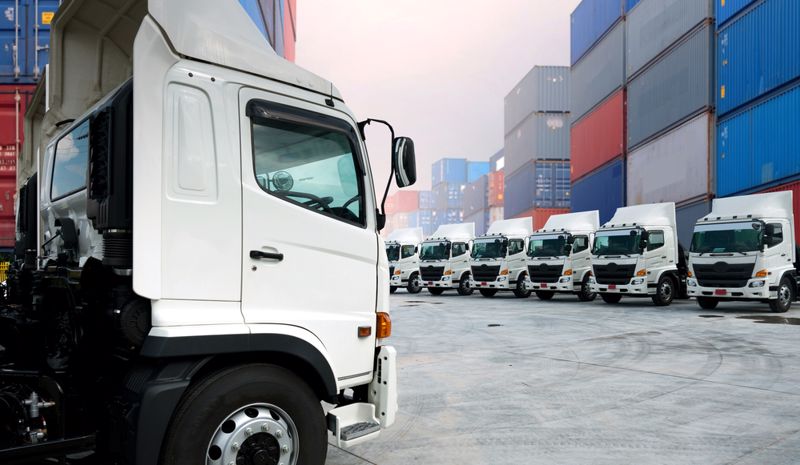The global supply chain was rocked by the novel coronavirus pandemic, and while the logistics industry has largely rebounded effectively, there are many changed perceptions about the sector now. Some of the things that were previously accepted as near-universal truths are now at least somewhat up in the air. With that in mind, it's a good idea to assess how freight companies are feeling about the state of the supply chain as 2021 rolls on.
The good news is the vast majority of shipping pros (more than 73%) believe shipping volumes will increase this year, up from a six-year low of about two-thirds seen heading into 2020, according to a recent survey from Averitt Express. But with that said, there is a potential area of concern about how capable companies are with handling everything that needs to be shipped; over the course of last year, almost 1 in 4 freight businesses experienced capacity challenges, more than double the number seen in 2019. The question of whether those firms have corrected course for 2021 is very much worth considering.

Fortunately, experts seem to have a rosier outlook for some aspects of the industry; there was a significant decline in the share of experts who thought tariffs were hurting their bottom lines between 2019 and 2020, dropping from roughly 43.5% to less than 29%, the poll showed. Meanwhile, the number of companies that feel tariffs are actually helping their businesses more than doubled, to 8.4% from the previous 3.2%.
Lingering issues
A separate poll conducted by C.H. Robinson touched on a concern that has been increasingly mentioned in recent weeks: While other disruptions are becoming less of an issue, 3 out of 4 industry respondents believe there will be more delays in shipping from China due to backups at ports around the world. The good news is that the long tail of the pandemic has resulted in more companies putting contingency plans into place, allowing them to manage the lingering risk more effectively.
However, it's also worth noting that COVID-19 is still a major problem in many of the world's highly developed economies (perhaps most notably the U.S. and U.K.), and that could keep demand tamped down in some aspects of the supply chain, and dramatically heightened in others, the report said. For that reason, any company without a comprehensive plan to manage supply chain risk under COVID will need to craft one as soon as possible.
Getting up to speed
While the impact of the outbreak certainly caught a lot of companies flat-footed, many have effectively pivoted some or all of their operations to be at least somewhat more responsive, but some may not have done enough in this department, according to IoT World Today. Utilizing technology like the internet of things, cutting-edge data collection or analysis, among others, are likely to struggle more so than those that have made those kind of modern tools a central part of their operations.
Obviously, it's a good idea for companies to continually assess their readiness to handle any potential challenges they may encounter, so that no matter what arises over the course of 2021 — and beyond, they will be able to pivot as needed.



Post A Comment:
0 comments so far,add yours